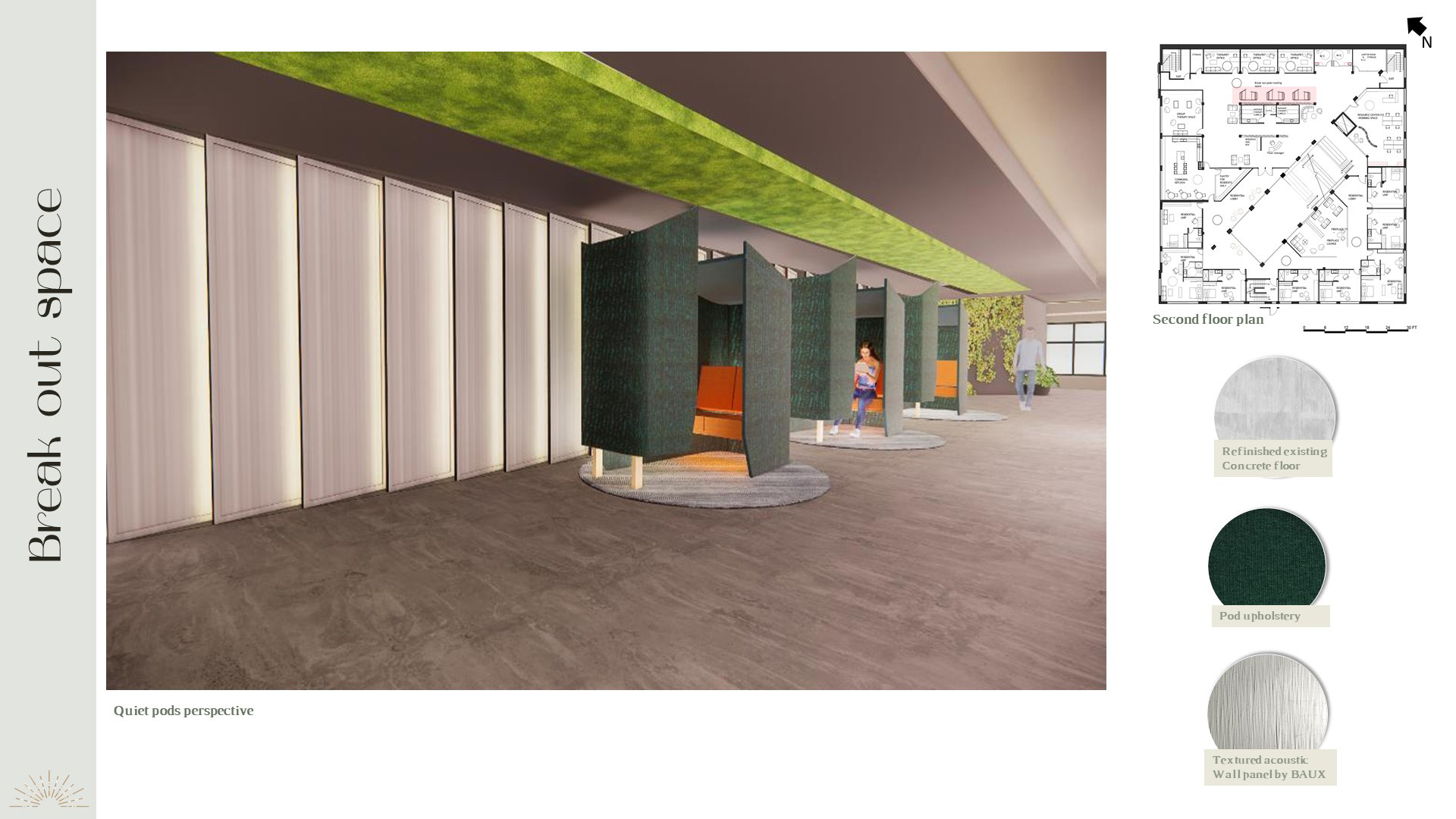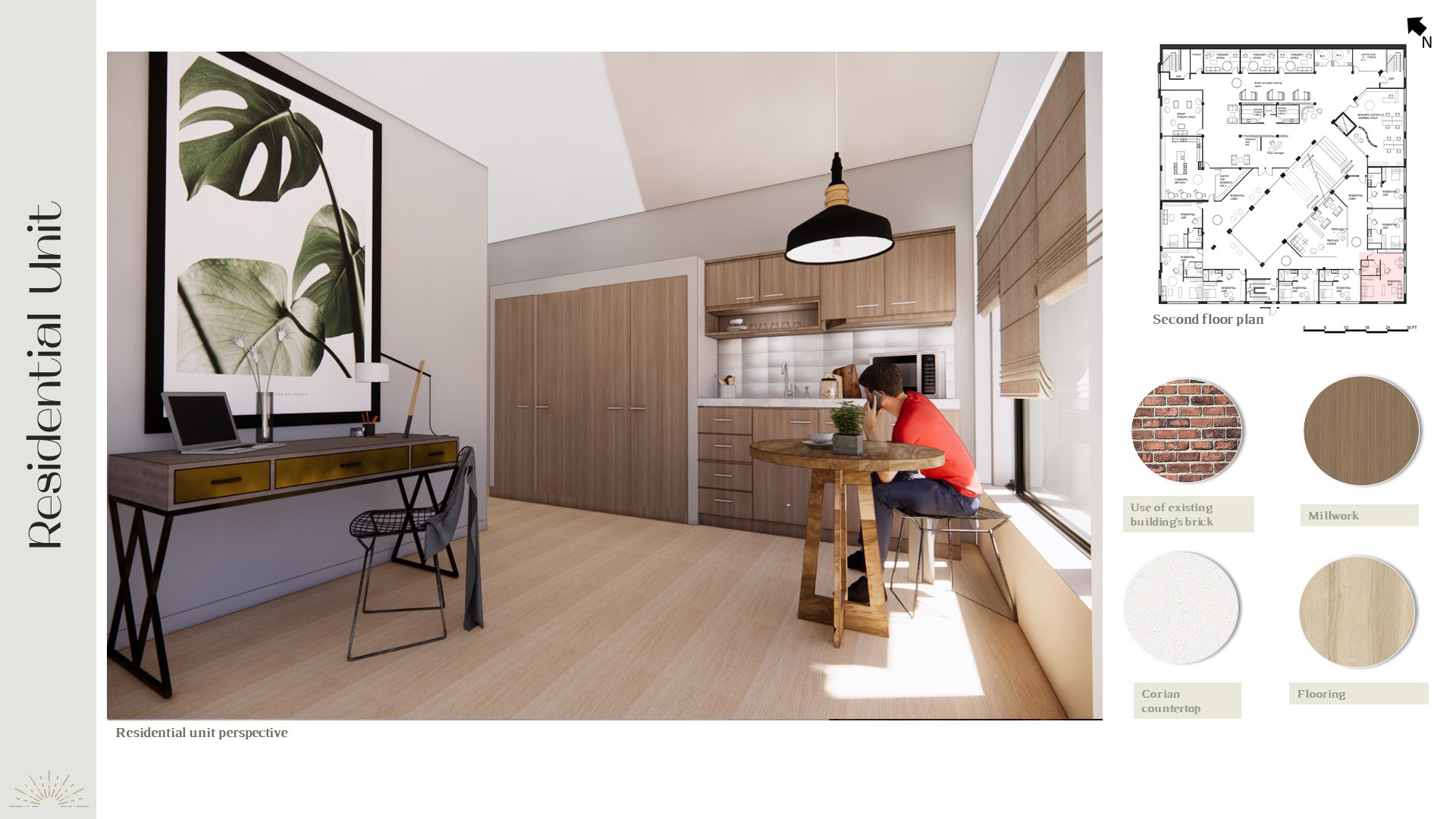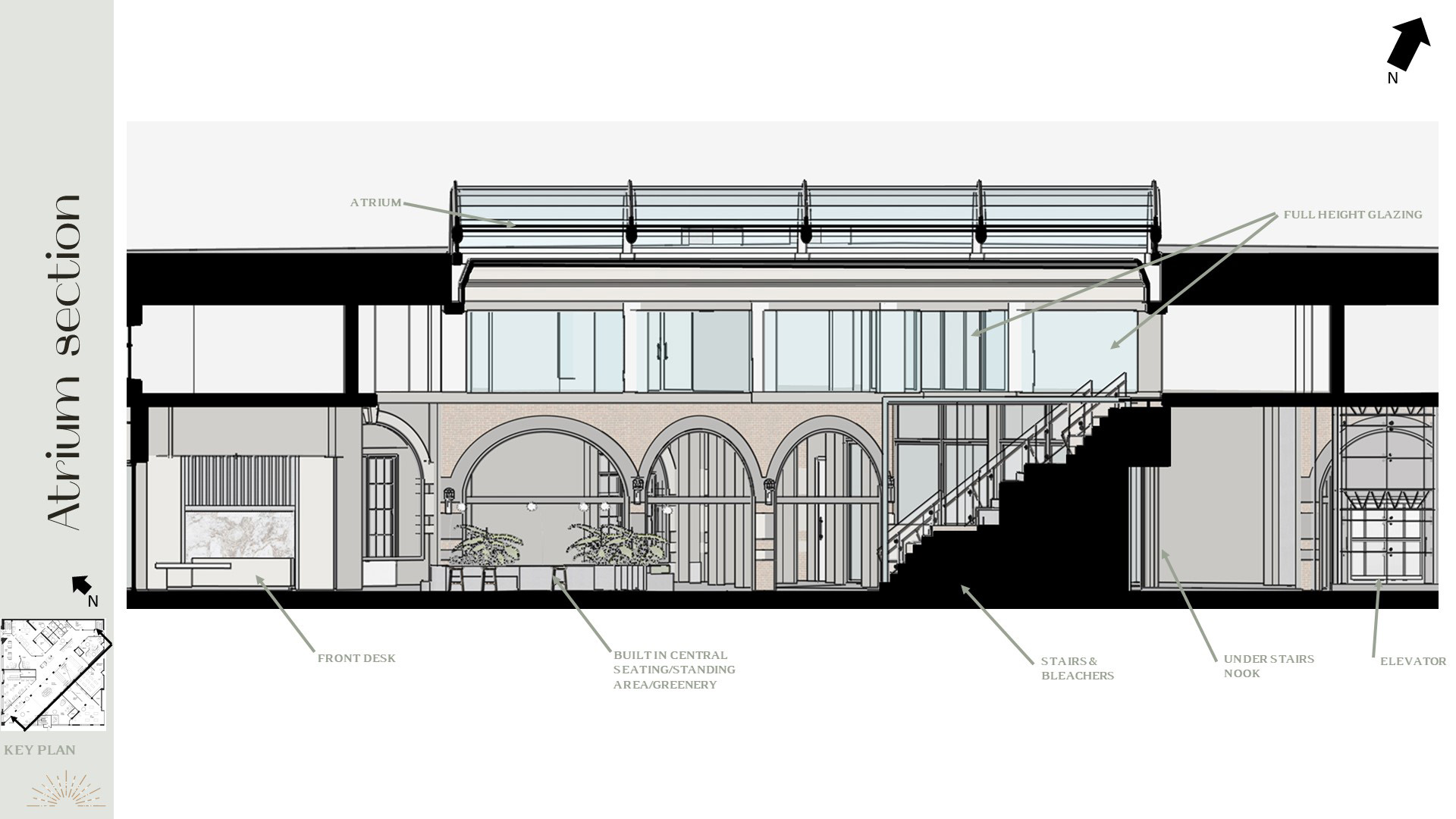
Haya
Elmaghraby
Haya strongly believes that design has the power to persuade and empower our decisions every day. Haya is an interior design graduate from the Wilson School of Design class of 2021. She is a highly motivated and ambitious person with a colorful personality. Haya discovered her passion for design and architecture at a young age when she started traveling the world. She has traveled to 20 countries in her lifetime, which widened her cultural competency. She appreciates design and architecture history.
Haya completed her interior design diploma at BCIT in 2018. Wanting to excel in her interior design career and widen her knowledge, Haya then decided to join KPU to complete her undergraduate degree.
Haya has a diverse range of skill sets. She enjoys both the conceptual and technical sides of interior design. In her design work, she creatively brings influence from nature, art, and music into her work. She is enthusiastic about designing sustainable spaces to enhance individuals’ emotional, psychological, and physiological well-being while minimizing the impact on our planet. Her inclination for the psychological impact of the built environment on human behavior and well-being is driven by her interest in psychology and passion for fitness and holistic living.
Rise Wellness Recovery Center
Rise Wellness Recovery Center is a two-story mixed use wellness space. The project intends to build a community and support individuals who just recovered from drug/alcohol addiction. This facility will allow them to transition their lives into a healthy community that focuses on a substance-free environment, and mental and physical wellness.
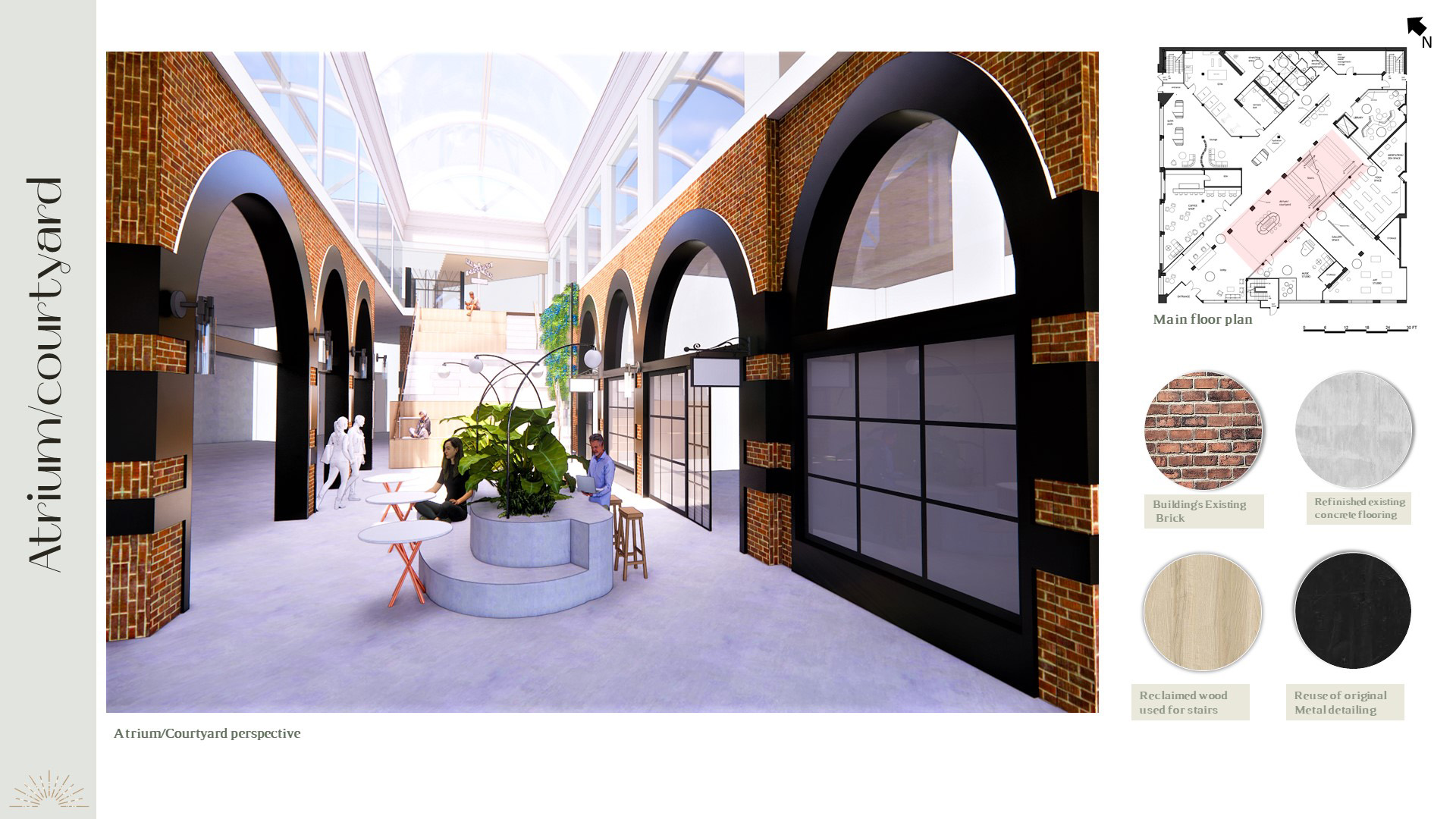
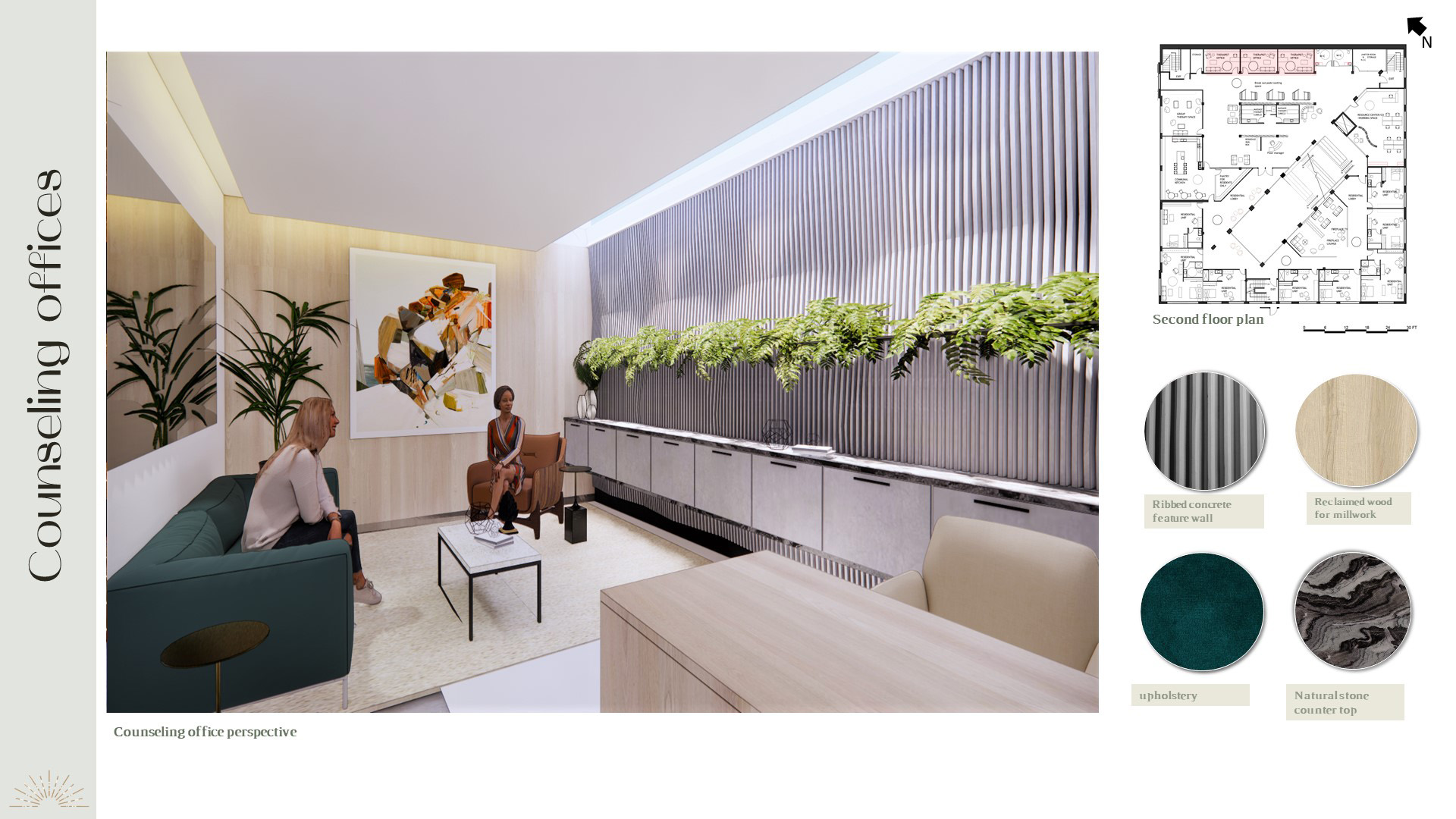
Research shows that the physical environment is an essential part of past addicts healing journey. The design focuses on well-being, social, economic, and environmental factors. The design will help lower the chances of relapsing to addiction. Studies have shown that 40%-60% of people that have been treated from alcohol/drug addiction relapse within the first six months to a year due to the following factors: environmental context, loneliness, depression, and stress.
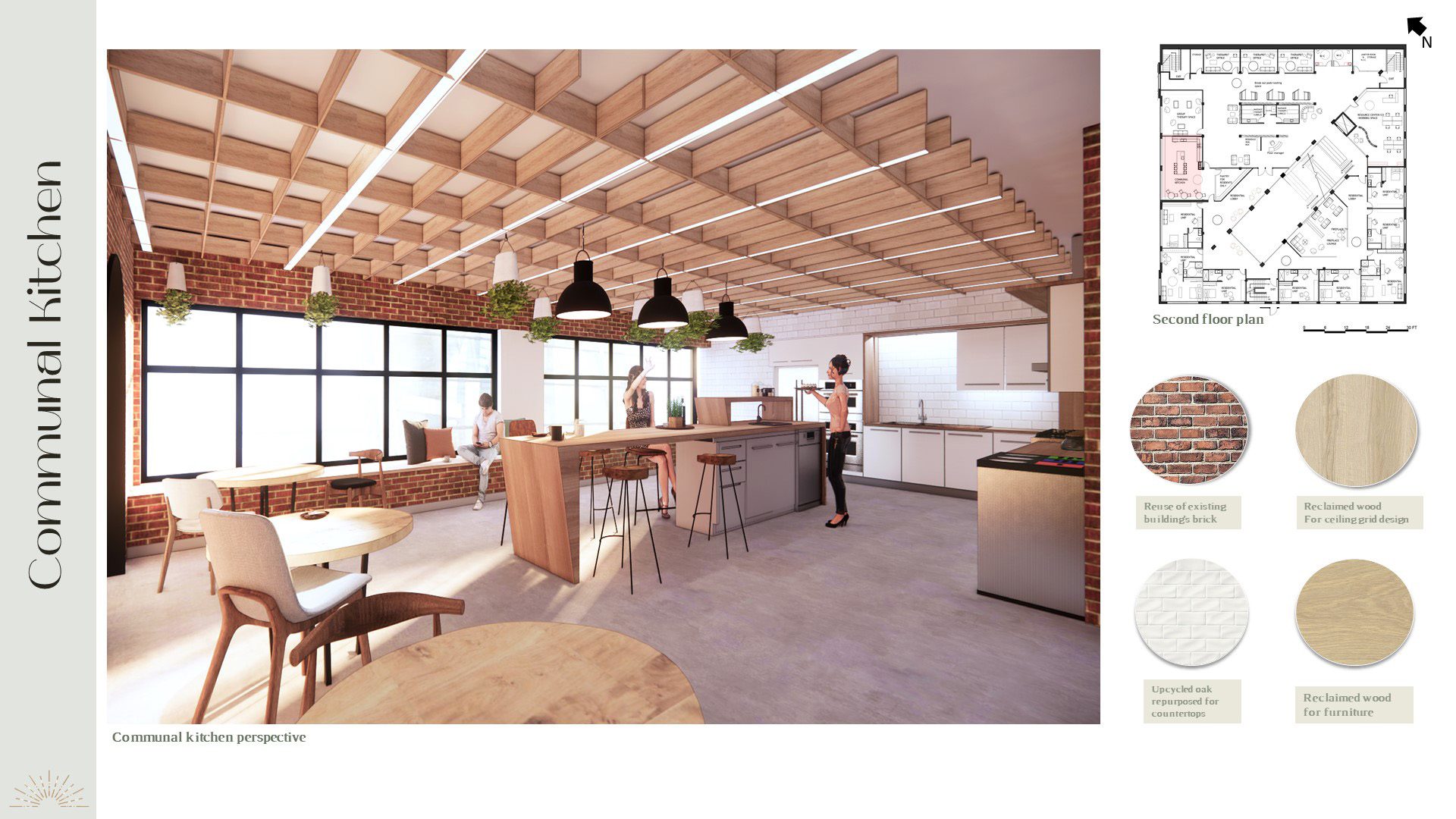
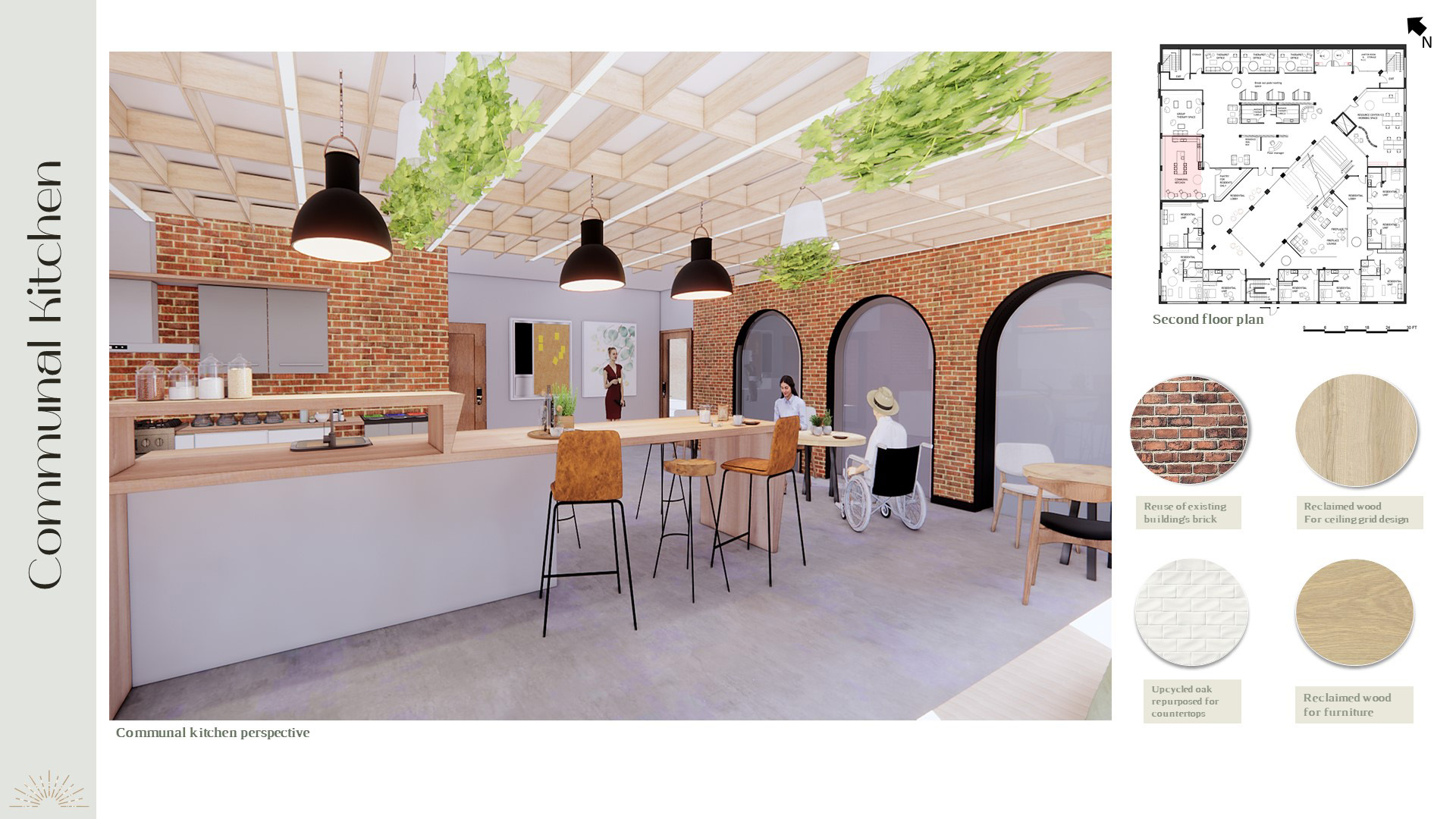
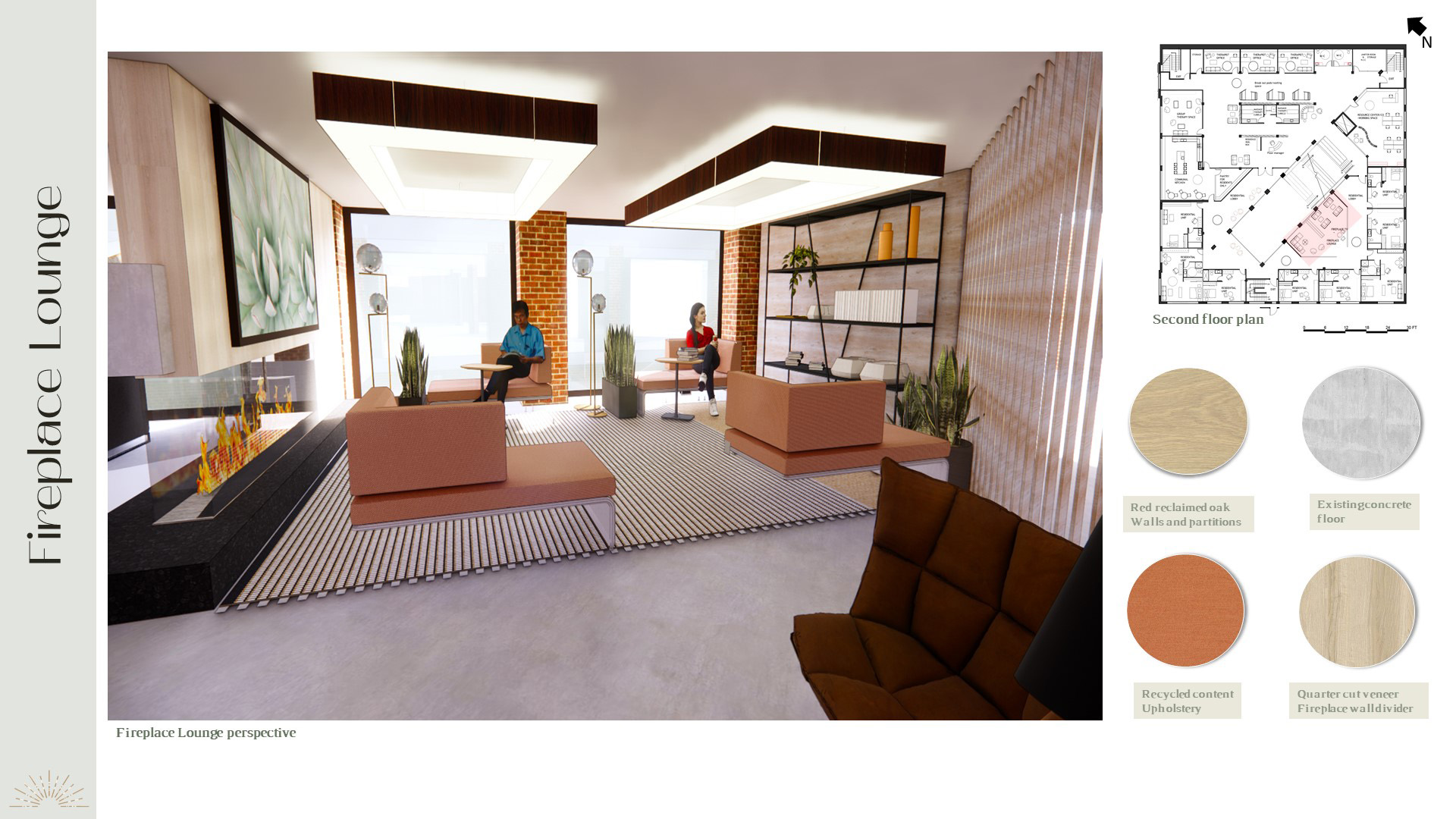
The goal is to create an innovative space and focus on people and mental health. By designing an interior environment that corresponds with psychological and physiological human needs, we are moving forward towards creating change. Many people who relapse suffer from mental health issues or stress or have difficulties finding jobs and housing, which leads to relapse as they are without the right support system. This design aims to create an environment that enhances the user’s life and provides community support while also fostering community and a sense of belonging.
